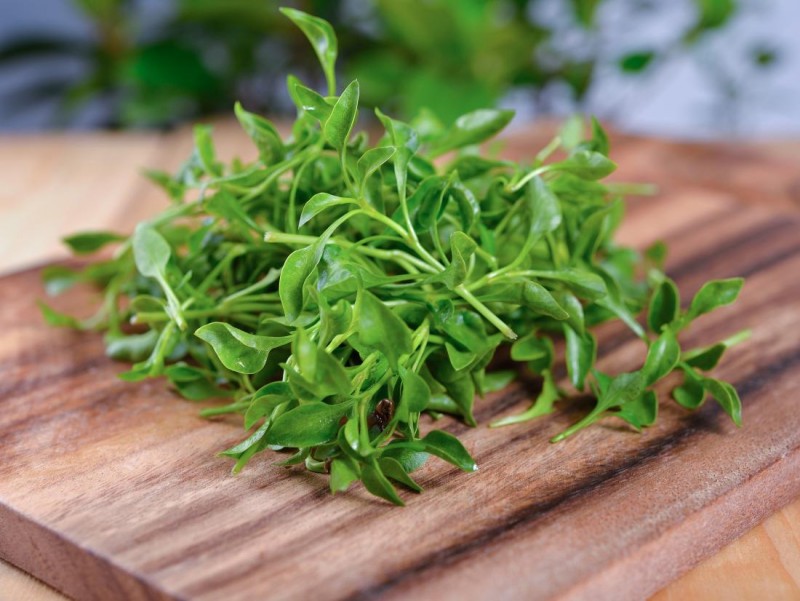
In a world filled with various herbs and plants, watercress stands out as a powerhouse of health benefits. From its vibrant green leaves to its peppery taste, watercress has been recognized for centuries for its medicinal properties. In this article, we will delve into the various ways watercress can positively impact your body and overall well-being. Watercress, scientifically known as Nasturtium officinale, is more than just a garnish on your plate. With a rich history dating back to ancient times, this aquatic plant has been revered for its potential to heal and nourish the human body. Let's explore the remarkable journey of watercress from traditional medicine to modern health trends.
The use of watercress can be traced back to ancient civilizations such as the Greeks and Romans. These cultures recognized its medicinal properties, using it to treat various ailments, including liver and kidney problems. The vibrant herb was often consumed to detoxify the body and promote overall vitality.
Despite its delicate appearance, watercress is a nutritional powerhouse. Packed with vitamins A, C, and K, as well as essential minerals like calcium and iron, it offers a comprehensive range of nutrients vital for maintaining good health. Additionally, its high water content helps keep you hydrated.
Watercress boasts a high concentration of antioxidants, including beta-carotene and flavonoids. These compounds play a crucial role in combating oxidative stress, reducing cell damage, and supporting a strong immune system.
Studies suggest that watercress may have cancer-fighting potential. Its unique compounds have been linked to inhibiting the growth of cancer cells and preventing the spread of tumors, particularly in breast and colon cancers.
Thanks to its fiber content, watercress can contribute to healthy digestion. Fiber aids in regular bowel movements and prevents constipation, while also promoting a balanced gut microbiome.
With its rich vitamin K content, watercress plays a role in maintaining bone density and strength. Vitamin K is essential for proper calcium absorption and bone mineralization, reducing the risk of osteoporosis.
Watercress supports heart health by reducing the risk factors associated with cardiovascular diseases. Its antioxidants and potassium content help regulate blood pressure, while its anti-inflammatory properties contribute to overall heart well-being.
Adding watercress to your meals is easier than you might think. It can be enjoyed in salads, sandwiches, smoothies, and even soups. Its peppery flavor adds a delightful kick to dishes while providing a host of nutrients.
Watercress's distinct flavor has made it a favorite in the culinary world. Chefs often use it to add a burst of freshness to their creations. From simple garnishes to flavorful pestos, the possibilities are endless.
Why not take matters into your own hands and grow watercress at home? This endeavor not only ensures a fresh supply but also offers a rewarding gardening experience. All you need is a water source and some patience.
While watercress offers numerous benefits, it's essential to exercise caution. Individuals with certain allergies, such as mustard or cabbage allergies, may also be allergic to watercress. Moreover, excessive consumption might lead to digestive discomfort. Incorporating watercress into your diet can be a flavorful journey towards better health. With its array of nutrients and potential to prevent diseases, this medicinal herb is a valuable addition to any plate. So, why wait? Access the benefits of watercress today and embark on a path to a healthier, more vibrant you.
Natural Remedy: Drinking Clove-Infused Milk for Men's Health
Decoding Brain Tumor Symptoms: When Headaches Signal Something More